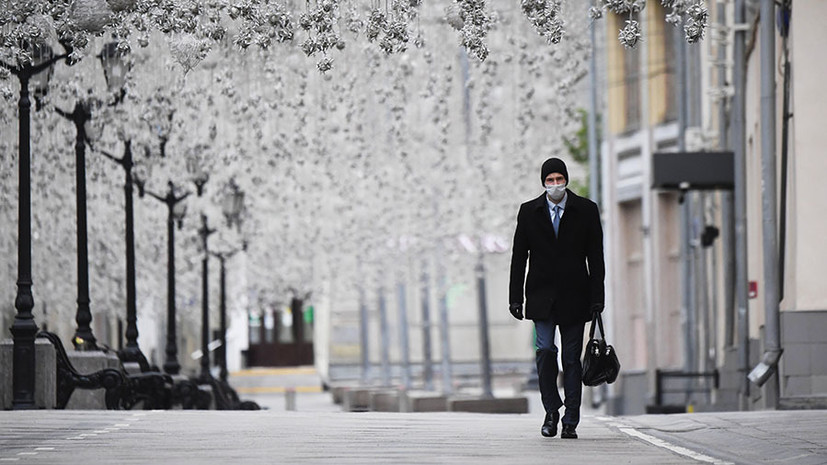In Russia, over the past 24 hours, 8,952 new cases of coronavirus have been recorded, of which the largest number in Moscow are 2,367, Moscow region - 735, St. Petersburg - 365, and Nizhny Novgorod region - 289. During the day, 8,212 people recovered, 181 patients died.
Thus, a total of 396,575 cases of COVID-19 were registered in the country, for all the time 167,469 people recovered, 4,555 patients died.
The day before, the head of Rospotrebnadzor Anna Popova announced a reduction in the epidemiological process in Russia. She noted that the number of examinations for coronavirus is increasing, and the number of cases is decreasing.
“With an ever-increasing number of individuals examined, and this is exactly so, we see a decreasing number of infections detected every day, this is just a characteristic of the epidemic process as an epidemic process that goes down confidently, without reverse development ...” RIA Novosti quoted her as saying.
In turn, the deputy mayor of Moscow, Anastasia Rakova, said that there are now 2–2.5 times fewer hospital admissions in the capital than it was “literally a month ago.”
“We have a reduction in hospitalization, today we are going to an average of 800-900 people per day for hospitalization,” she confirmed.
Russian Deputy Prime Minister Tatyana Golikova noted that so far "if you count from the beginning of April, the rate of daily growth in detecting new cases in Russia has decreased by 11.8 times." She added that "the infection spread rate in Russia is less than one."
The proportion of asymptomatic patients with confirmed coronavirus infection in the country increased by 2.6 times. In addition, Golikova noted “a 1.4-fold decrease in the proportion of moderate and severe infections”. According to her, a 1.5-fold decrease in the number of patients requiring intensive care was also recorded.
She said that at the moment “in Russia 17 PCR test systems and five ELISA systems have already been registered” for coronavirus.
“These are all Russian-made test systems that allow us to completely close our country in terms of diagnostics and, in fact, create independence and security in this regard,” Golikova said.
As reported in Rospotrebnadzor, in Russia conducted more than 10 million tests for coronavirus infection.
“As of May 28, 2020, 10,000,061 laboratory tests were carried out for the presence of a new coronavirus in the material from people, including those from countries that were dysfunctional for a new coronavirus infection,” the department said.
Also on russian.rt.com RT map: distribution of COVID-19 cases by regions of RussiaMeanwhile, several Russian regions announced the extension of restrictive measures to prevent the spread of coronavirus. So, the high alert mode in Yakutia will remain in effect until June 14.
"By the decree of the head of the region Aisen Nikolaev in the territory of Yakutia, the high-alert mode was extended until June 14. Until this date, all previously introduced restrictive measures have been extended, including within the framework of a regime of complete self-isolation, ”RIA Novosti quotes the message of the operational headquarters under the government of the republic.
The government of the Tver region decided to extend restrictions on tourism industry and education facilities - they will remain in effect until they are canceled by the relevant document. In particular, the time limit on booking seats, reception and accommodation of citizens in boarding houses, rest houses and hotels was extended.
The extension of the self-isolation regime until June 14 was also announced by the authorities of North Ossetia. The decision to extend all restrictive measures in force in the region until June 7 was reported by the leadership of the Samara region. They noted that not all indicators that are the basis for the phased lifting of restrictions have reached the necessary values. The head of Ingushetia, Mahmud-Ali Kalimatov, also extended until June 7 a regime of self-isolation in the region.
At the same time, the Vladimir Region announced the first phase of lifting restrictions imposed in connection with COVID-19. From May 30, part of the stores selling non-food items will open in the region, and joint - for no more than two people at the same time - physical education and outdoor sports and walking will be allowed.
From June 1, the opening of summer cafes with an open veranda, as well as shops and shopping centers with an area of up to 400 square meters, is allowed in the Tula region. m. The region also canceled the requirements for obtaining a digital pass when crossing the border of the region and compulsory self-isolation for 14 days for those entering.

